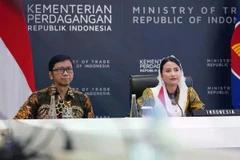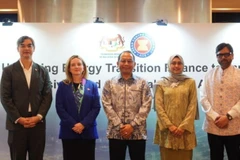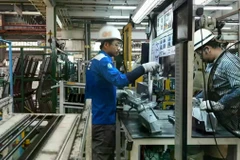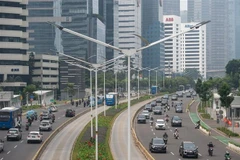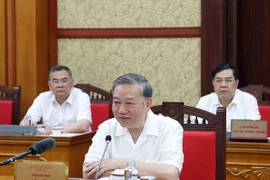The budget was approvedby the House of Councillors at a plenary session on March 24. Itcleared the more powerful House of Representatives early this monthwith the approval of the Democratic Party of Japan (DPJ) and its twojunior coalition partners.
The Japanese government is planning to issue a record 44.3 trillion JPYin bonds to fund its budget in light of its tax revenues dropping to37.4 trillion JPY.
Under the budget, spending on social welfare will rise 9.8 percent fromthe 2009 fiscal year to 27.27 trillion JPY, while expenditures forpublic works projects will drop 18.3 percent to an allocation of 5.77trillion JPY, the lowest apportionment in more than 32 years.
Following the passage of the budget, the ruling coalition of the DPJ,the Social Democratic Party (SDP) and the People's New Party (PNP) willratify a number of key statutes by the end of March, including those tomake provisions for family allowances and to dispense with fees forsenior high schools./.





